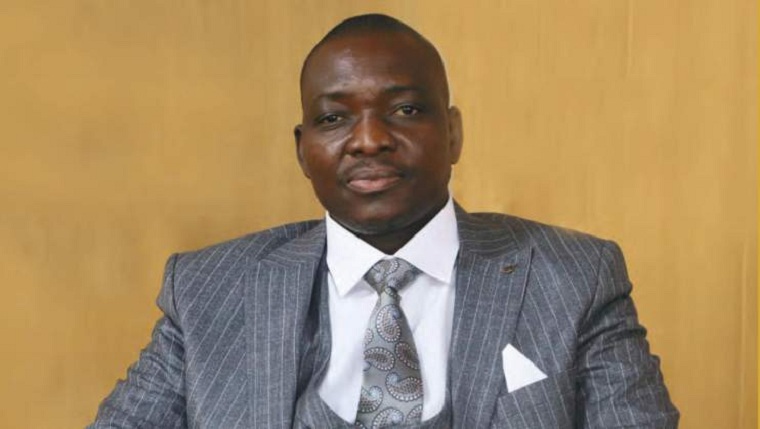THE HON. DEPUTY SPEAKER: Hon. Minister, please may you unmute your gadget?
HON. ZHEMU: Thank you very much Madam Speaker. I was just giving the subsidy component which is available to domestic consumers. You will notice that for 300kwh, the average cost per unit is around US$6.33 whereas the optimum level that is supposed to be achieved is around US$0.10 cents if we are to restore the tariff to where it was in March. I will also indicate that the country is importing power at an average of US$0.9 cents and for independent power producers who are also feeding onto the grid, the payment that is being done is US$0.9 cents. So you will realise that there is a subsidy because the average cost per unit is US$0.6 cents whereas the country is importing power at US$0.9 cents. In terms of policy, the policy is domestic consumers are subsidised. For agriculture, there is also a subsidy and the tariff which is currently obtaining for agriculture is US$0.4 cents per kilowatts per hour. For industry, mining activities and some other commercial activities, it is at US$0.10 cents. I think it is not a question of being exorbitant but the power utility has to be viable in terms of the cost that it is incurring in order to generate, transmit and distribute power. I thank you Madam Speaker.
HON. TSUNGA: Thank you Madam Speaker. The bottom line is there is no correlation between the pricing of energy and the incomes that the generality of people in this country are earning. What can be done by the Ministry of Energy to ensure that electricity is subsided so that it is affordable? Generally when you look at pricing models in Government, they are divorced out rightly from what the workers are getting…
THE HON. DEPUTY SPEAKER: Hon. Tsunga, please may you unmute your gadget?
HON. TSUNGA: I was saying Madam Speaker, there is no correlation between the pricing of electricity and the income levels of the general population in this country. What effort is the Ministry making to ensure that electricity remains affordable to the generality of our population especially looking at the pricing models that they employ and the average incomes of our population? The price of electricity must come down.
HON. ZHEMU: Thank you Madam Speaker. Like I said Madam, there is a policy which is there already to ensure that the general public is afforded to pay for electricity. I have spoken about the subsidy. There is a subsidy. Like I indicated, electricity is being imported at US$0.9 cents and those that are producing electricity and feed onto the grid are selling the electricity at US$0.9 cents as well. So if electricity is being imported or produced at US$0.9 cents and given to the domestic consumers at US$0.6 cents, already there is a subsidy. In terms of policy and the efforts that the Ministry is doing through its parastatals like ZESA Holdings, there is a subsidy which is being passed on to the domestic consumers together with agriculture. There is that subsidy. I thank you Madam Speaker.
*HON. MANGORA: Thank you Madam Speaker. My supplementary question goes to the Minister of Energy. Is it Government policy that if there are ZESA faults, the public consumers must supply the staff of ZESA with fuel so that they come and attend to the faults? For example, at Marondera ZESA deport, the community is queuing with jerry cans of fuel so that ZESA staff are ferried to attend to faults.
*HON. ZHEMU: It is not Government’s policy.
Continued next page
(214 VIEWS)


